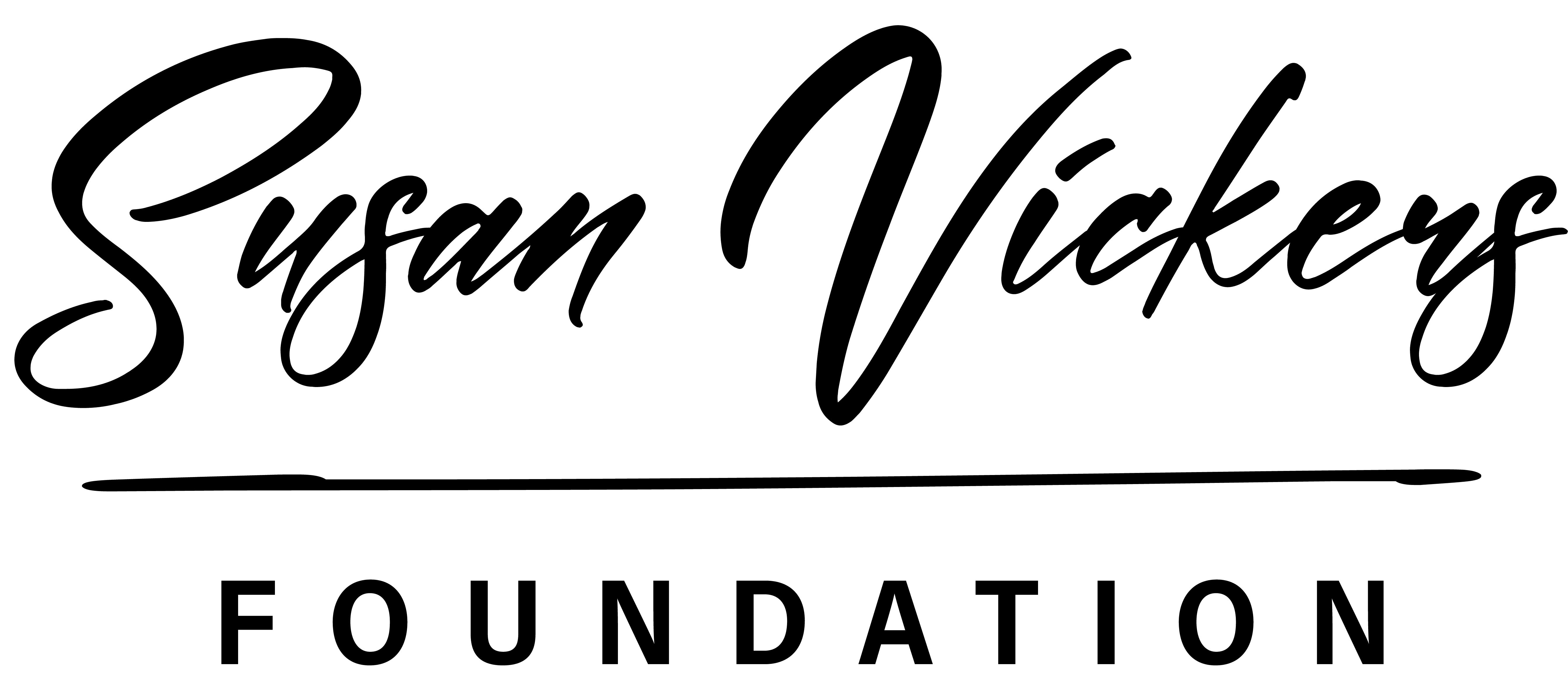
Why Some Adoption Reunions Fail: Navigating the Emotional Maze

By Susan Vickers
Adoption reunions carry the weight of profound emotions and the potential for life-altering connections. Yet, they are delicate dances fraught with complexities that can lead to unexpected outcomes. Here are some of the nuanced reasons why these reunions may not always lead to the fairy-tale endings we hope for, and how the Susan Vickers Foundation can offer its support:
1. The Shadow of the Past: Unresolved Trauma The adoption journey is often laden with emotional baggage. Birth mothers, in particular, may wrestle with a tapestry of grief, guilt, and shame long after the adoption papers have been signed. These unresolved feelings can cast long shadows, making it difficult to kindle a healthy connection with the adoptee. The Susan Vickers Foundation provides resources and support to help individuals work through these complex emotions, fostering a more conducive environment for a successful reunion1.
2. The Clash of Expectations On the road to reunion, both adoptees and birth families may construct idealised visions of each other. However, the stark light of reality can shatter these dreams, leaving adoptees disillusioned by the birth family’s circumstances or the lack of emotional closure they had yearned for. Conversely, birth families may find the task of weaving the adoptee into the fabric of their existing lives more challenging than anticipated. The Foundation’s mission includes helping all parties manage expectations and navigate the realities of reunion with empathy and understanding2.
3. The Mismatch of Motives While adoptees might yearn for a deep, familial bond, some birth parents may desire a more restrained relationship—or perhaps no relationship at all. This divergence in expectations can lead to a painful disconnect and bruised emotions. The Foundation offers counselling and mediation services to align motivations and establish healthy boundaries1.
4. The Divergence of Lives Despite sharing genetic ties, adoptees and their birth families may discover that they share little else. Differing values, lifestyles, and personalities can make it daunting to build a bridge across the chasm that separates them. The Susan Vickers Foundation encourages cultural exchange and understanding, enriching the lives of children in care by providing them with the cultural capital they need to thrive and connect1.
5. The Ripple Effect on Family Dynamics The introduction of an adoptee into a birth family’s current life can send ripples through the family pond, potentially unsettling spouses, children, or other relatives who may have been unaware of the adoptee’s existence. The Foundation’s work includes safeguarding against the disruption of existing family dynamics, ensuring that the integration process is smooth and considerate of all involved1.
6. The Emotional Overwhelm The intensity of a reunion can surge like a tidal wave, overwhelming the emotional landscapes of those involved. For some, the instinctive response may be to retreat or sever ties as a means of self-preservation. The Susan Vickers Foundation provides a supportive network that helps individuals process the reunion emotionally, offering a safe space to navigate these intense feelings1.
In conclusion, the intricate dance of adoption reunions is one that requires grace, understanding, and an acceptance of the multifaceted nature of human relationships. The Susan Vickers Foundation plays a pivotal role in supporting these journeys, offering a beacon of hope and a guiding hand through the emotional labyrinth of connection and self-discovery.
Every Conversation Matters.
Whether you’re looking for help, want to get involved, or just need someone who understands, we’d love to hear from you.
We read every message. You’ll hear back from us within 48 hours.
Get In Touch
Office location
Wolverhampton, West MidlandsSend us an email
[email protected]